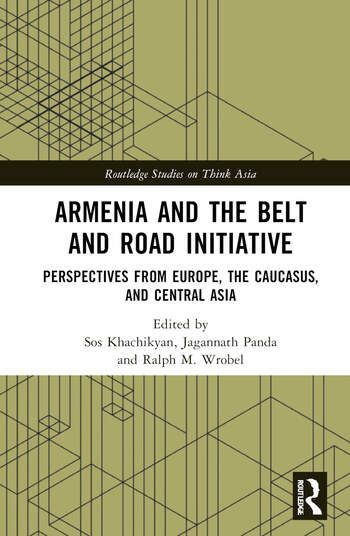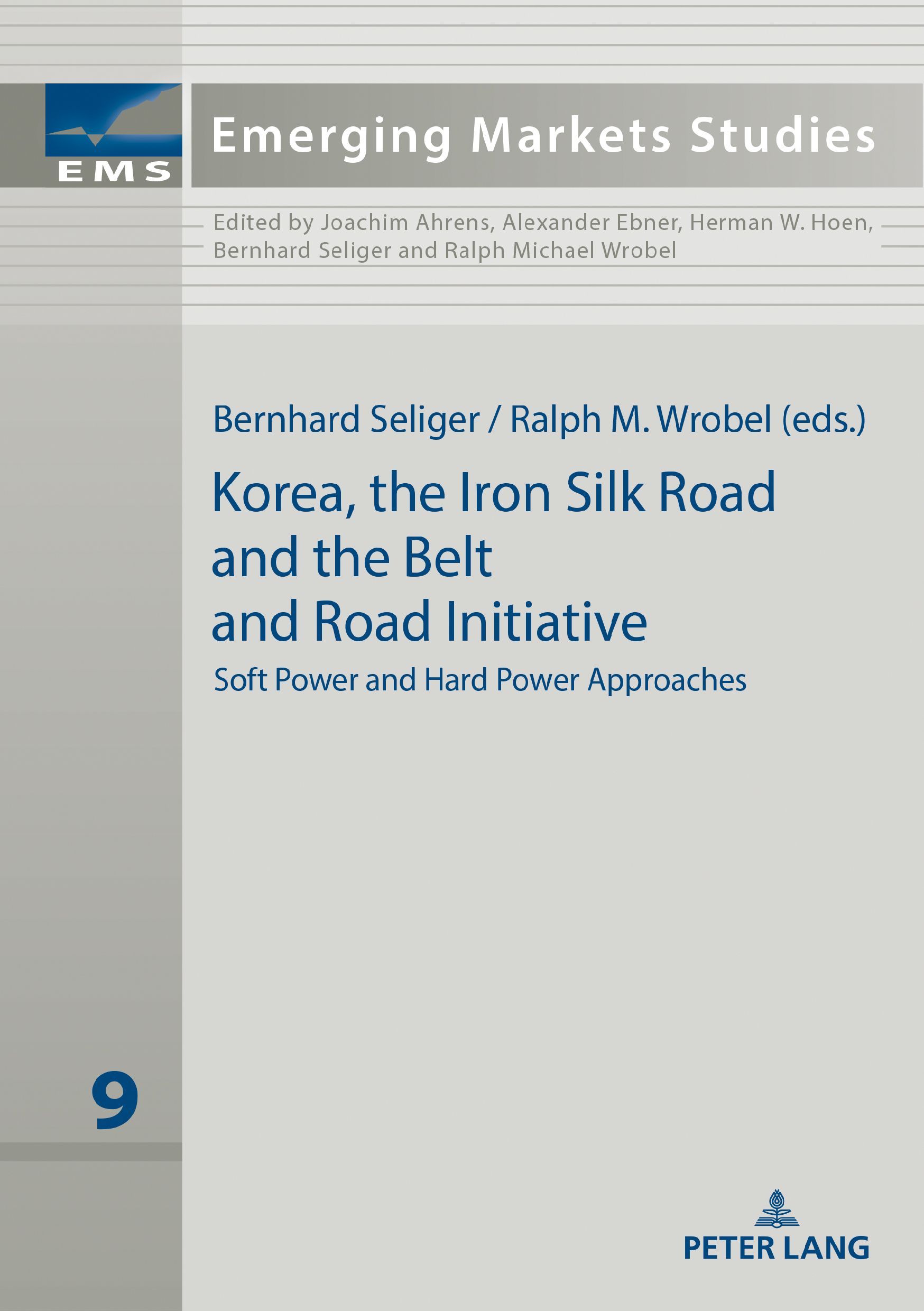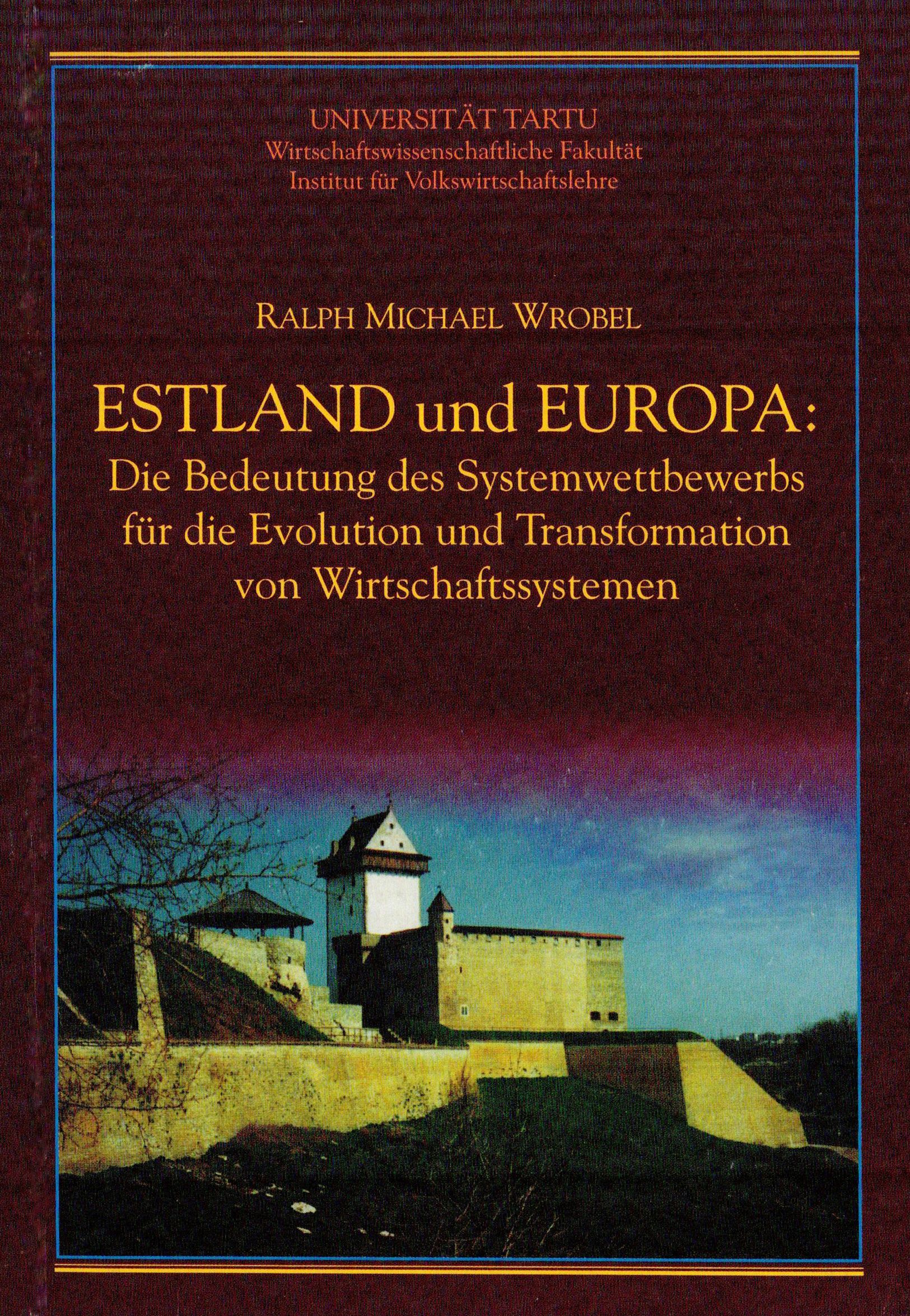Emerging Markets: Bücher

Sos Khachikyan, Jagannath Panda, Ralph M. Wrobel (Hrsg.): Armenia and the Belt and Road Initiative: Perspectives from Europe, the Caucasus, and Central Asia, Routledge, London 2025.
This book analyses the opportunities enabled for Armenia by China’s Belt and Road Initiative (BRI) in the framework of economic cooperation, policy diversification, social inclusion and regional cohesion. Structured in five parts, the chapters outline the economic, geopolitical and legal agenda for Armenia, in order to formulate policy diversification and risk mitigation principles for participation in BRI projects. Experiences from Russia, Central Asia and the Caucasus are included in the discussion. Offering international and Armenian perspectives on the advantages and disadvantages of participation in the Belt and Road Initiative, the book also suggests an alternative for Armenia: A deepening of its cooperation with democracies in the EU, and India.

Bernhard Seliger & Ralph M. Wrobel (Hrsg.): Korea, the Iron Silk Road and the Belt and Road Initiative: Soft Power and Hard Power Approaches (Emerging Markets Studies, Bd. 9), Peter Lang, Berlin 2022.
Korea as a “middle power” in the last decades saw a growing importance, partly through greater economic clout, partly through greater cultural and soft power (“K-pop”), and partly through collective action in institutions like G 20. However, recent instability in Northeast Asia, plus growing trade conflicts and political conflicts in the region and worldwide, endanger this position. Moreover, the tremendous rise of China in economic, geo-political and cultural terms overshadowed the Korean development. However, also here the Chinese Belt and Road Initiative seems to dominate the headlines, as well as the policy fora and practical business decisions. Therefore, this book discusses an urgent, indeed pressing topic: how can middle powers like South Korea and Germany benefit from closer economic and political linkages across the Eurasian landmass?

Bernhard Seliger, Jüri Sepp & Ralph Wrobel (Hrsg.): East Asia and Eastern Europe in a Globalized Perspective: Lessons from Korea and Estonia (Ordnungspolitische Dialoge, Bd. 5), Peter Lang, Frankfurt 2015.
This book compares development experiences from South Korea and Estonia, which are both very successful examples of development within their region. The development experience of states in the 20th century offers a bewildering variety and often downright contradicting models, which nevertheless led to catching-up and rapid growth rates, leaving policy-makers in countries trying to emulate such models at a loss. Over time and through various crises on the regional and worldwide level, the experience of East Asian states became increasingly an interesting object of study. This was related to the successful long-term growth experience of countries like South Korea, but also to successful models of state transformation, which, though in a different political setting, achieved high growth rates without the deep transformation recession typical for European transformation states.

Ralph Wrobel (Hrsg.): Ethnische Minderheiten und Erinnerungskulturen in Mittel- und Osteuropa, Peter Lang, Frankfurt 2012.
Sachsen liegt im Herzen Europas, direkt an der Grenze zu den Staaten in Mittel- und Osteuropa, die durch einen mehr als 20 Jahre anhaltenden gesellschaftlichen Umgestaltungsprozess gekennzeichnet sind. Die durch ihre deutschen Minderheiten und Erinnerungskulturen vorhandenen Potenziale dieser Länder zu diskutieren, war das Ziel des 7. Sächsischen Mittel- und Osteuropatages am 27.10.2010 in Zwickau. Die Ergebnisse sind in diesem Band als Beiträge enthalten. In einem ersten Abschnitt wird die Lage von nationalen Minderheiten und Sprachenpolitik im post-sowjetischen Raum thematisiert. Darauf folgt ein Abschnitt über die historische Entwicklung der Schul- und Sprachgeschichte Oberschlesiens. Im dritten Abschnitt werden dann unterschiedliche Erinnerungskulturen in Mittel- und Osteuropa sowie deren Erfassung und Aufarbeitung beschrieben.

Ralph Wrobel: Estland und Europa: Die Bedeutung des Systemwettbewerbs für die Evolution und Transformation von Wirtschaftssystemen, Tartu Ülikooli Kirjastus, Tartu 2000.
Der Zusammenbruch der sozialistischen Wirtschafts- Gesellschaftssysteme in Mittel- und Osteuropa liegt nun zehn Jahre zurück. Die Transformation in diesen Staaten - hin zu Demokratien und Marktwirtschaften – hat sich jedoch als ein langwieriger und schwieriger Prozess erwiesen, der noch lange nicht abgeschlossen ist. Im vorliegenden Buch fragt der Autor, wie der internationale Systemwettbewerb zu diesem Systemwechsel geführt hat und wie er noch immer auf die Transformationsprozesse in Mittel- und Osteuropa einwirkt. Er argumentiert dabei im Sinne der klassisch-evolutionären Ökonomik. Als Beispiel wir die erfolgreiche Transformation in Estland analysiert. Dabei wird besonderer Wert auf die Untersuchung des Integrationsprozesses Estlands mit der Europäischen Union gelegt.
VERGRIFFEN
